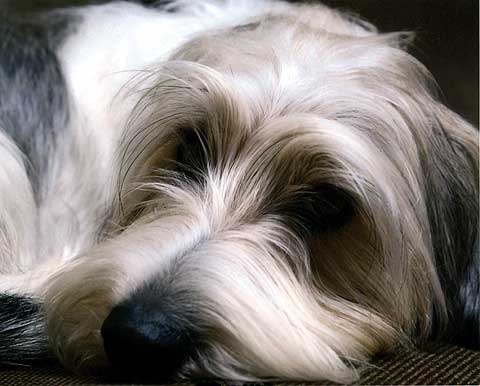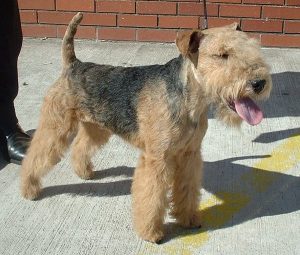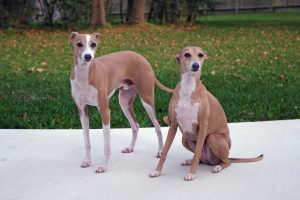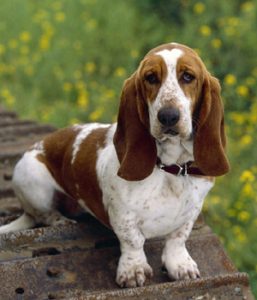Petit Basset Griffon Vendeen
Petit Basset Griffon Vendeen Rescue for Adoption

-
Breed Group : HOUND
-
Origin : FRANCE
-
Average Height : 13" - 15"
-
Average Weight : 30 - 40 lbs.
-
Life Span : 14 - 17 years
Photo Courtesy of : Petit Basset Griffon Vendeen Club of America
-
Size
1 2 3 4 5 6 7 8 9 10 -
Energy
1 2 3 4 5 6 7 8 9 10 -
Intelligence
1 2 3 4 5 6 7 8 9 10 -
Ease of Training
1 2 3 4 5 6 7 8 9 10 -
Hypo-Allergenic
1 2 3 4 5 6 7 8 9 10 -
Shedding
1 2 3 4 5 6 7 8 9 10 -
Good with Kids
1 2 3 4 5 6 7 8 9 10 -
Good with Other Pets
1 2 3 4 5 6 7 8 9 10 -
Guard Dog
1 2 3 4 5 6 7 8 9 10








